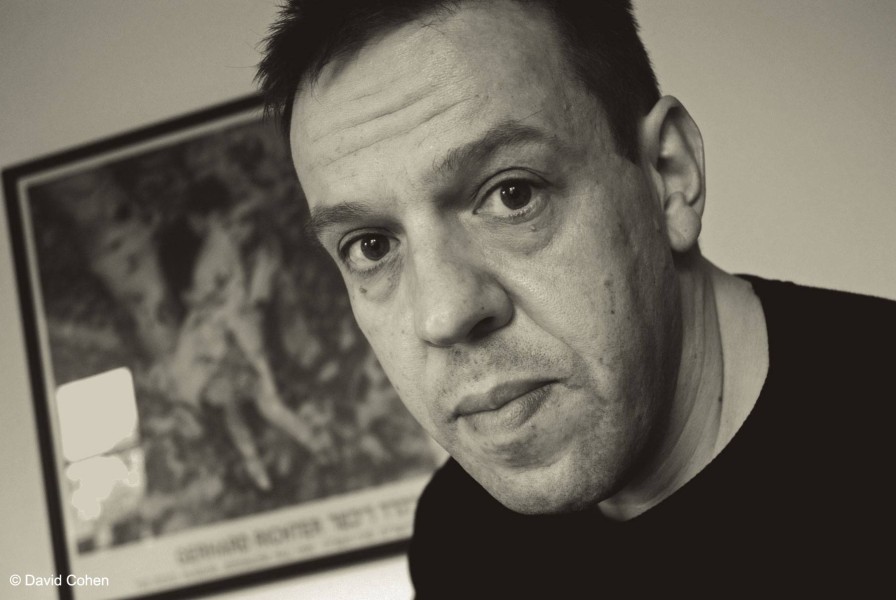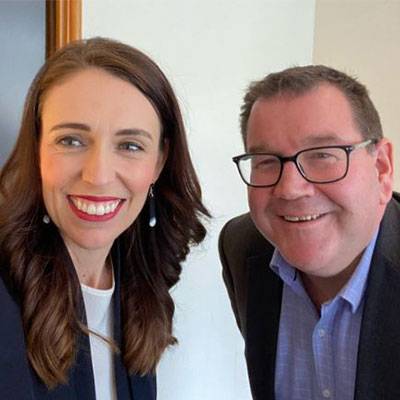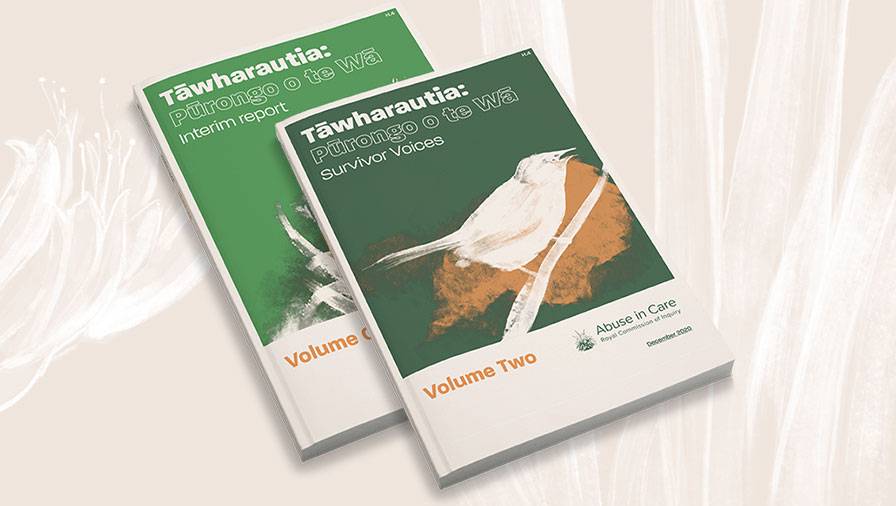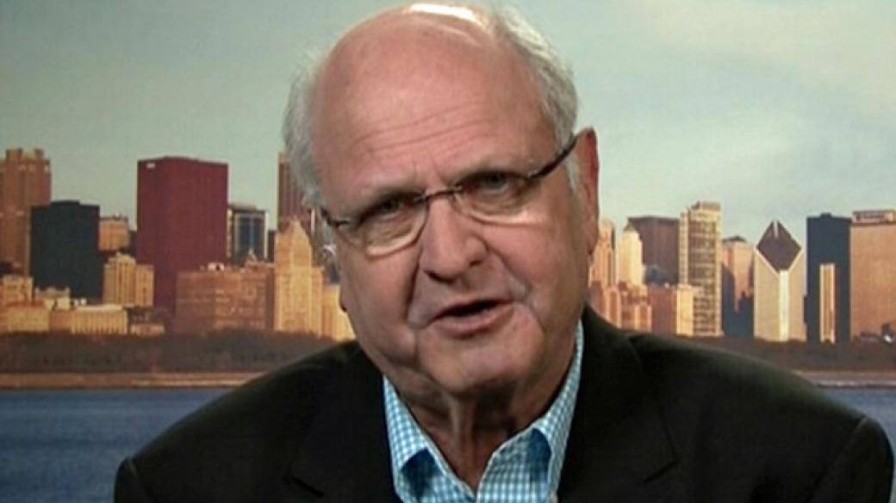Understanding Jacindamania: From the origins to the future
An unauthorised biography looks back and forward on a controversial prime minister.
Jacinda: The Untold Stories, by David Cohen with Rebecca Keillor.
An unauthorised biography looks back and forward on a controversial prime minister.
Jacinda: The Untold Stories, by David Cohen with Rebecca Keillor.
Dame Jacinda Ardern is active on the four global fronts of her post-New Zealand political career: empathetic leadership (fellowships at Harvard and Oxford universities), digital governance (Christchurch Call to Action on Violent Extremism and Terrorism), climate change (Prince William’s Earthshot Prize), and multilateralism (UN COP30 involvement and Melinda Gates’s Pivotal Ventures).
A week ago, the BBC World Service interviewed Ardern after she addressed some world leaders in a warmup to the UN’s annual climate change conference, COP30, being held at Belém in northeastern Brazil.
Earlier this year, she launched an autobiography, A Different Kind of Power, published throughout the English-speaking world, and was the subject of a documentary, Prime Minister, which has also been released in the United States and Britain.
They add up to a profile-building exercise that some see culminating in a bid to replace United Nations Secretary-General António Guterres, a Portuguese socialist whose term expires in December 2026.
Like Ardern, he is a former prime minister, and both have at times been the heads of either Socialist International or its youth wing, International Union of Socialist Youth. These represent non-communist socialist, labour, and trade union organisations.
Though highly speculative, Wellington journalist David Cohen dwells on the possibility in Jacinda, the Untold Stories, an unauthorised biography. However, he also outlines reasons why the UN is unlikely to embrace Ardern’s leadership style.

David Cohen. (Photo: David Cohen).
“Leaders from liberal democracies in general often experience difficulty navigating the body’s environment, discovering quickly that charisma matters less than the ability to stitch together messy deals and appease democratically unlovely actors,” Cohen states.
Still, Helen Clark made it to the top of a major UN agency, and the secretary-general has never been a woman. Rival women for the post include former Chilean president Michelle Bachelet and Mia Mottley, prime minister of Barbados.
NBR subscribers will remember Cohen’s Media Watch and satirical columns over many years. They were written in a ‘take no prisoners’ approach and often prompted Media Council complaints. The satirical column, which parodied news items in the style of US-based The Onion, brought objections from organisations that subscribed to clipping services and did not see the joke.
An acerbic sample of Cohen from 2017 on perennial protester Nicky Hager: “The author’s success has long been as predictable as sure as his inimitable style of accretion, relying as it has on a salad of blind quotes and unidentified leaks, tossed lightly with insinuations, briskly edited to remove all traces of nuance and then served up with a pinch of conspiratorial analysis.”
Cohen has not mellowed but his biography, co-written with Rebecca Keillor, is not the sensationalist hit job that might have been expected from the surge of anti-Ardern opinion since the Labour Government of the Covid years.

A Jacinda Ardern, Grant Robertson selfie before a 2020 election rally.
It reveals Cohen as an astute judge of political issues and personalities. His account of the Ardern years, starting from 2011, is backed by comments from a variety of sources that are missing from Ardern’s own autobiography, as well as from Grant Robertson, her deputy and minister of finance until her shock announcement in January 2023 that she would be leaving politics.
The 2011 starting point is personal, as Ardern and Cohen faced off in a debate about ‘life on the margins’. A bargain was struck between the Labour star politician with a Mormon upbringing and the journalist who had experience of borstal punishment for juvenile delinquency.
Ardern agreed that, if elected to government, she would set up what in 2018 became the Abuse in Care Royal Commission of Inquiry. It would investigate issues Cohen had written about in Little Criminals, his history of the Epuni Boys’ Home and the residential juvenile criminal system of the 1950s to 1980s.
The promise has been fulfilled but the commission was hijacked by academics steeped in critical race and decolonisation theories. Ardern’s straightforward motivation was turned into an exercise that was no longer about young people whose lives had been badly affected.
“It wasn’t about absent fathers, economic deprivation, or bygone hiring practices in the civil service. It wasn’t really about agreeing on financial redress for historical victims of assault or sexual crimes,” Cohen asserts.

Two reports from the Abuse in Care Royal Commission of Inquiry.
Instead, later echoing the hoax claims of mass graves of Indigenous children in Canada, the commission claimed systemic racism and colonisation in state and religious institutions had created a quarter of a million young victims. This was statistically impossible in a population of two million – the real figure was more like 10,000 to 20,000.
The ethnic claims were also corrupted, as most of the state wards over several decades were not Māori. The myth, however, took hold and I recently saw the 250,000 figure repeated in a recent column. The cost of the inquiry ballooned from $78 million to $200m and genuine victims are still awaiting their compensation.
This is one of the most important of ‘untold stories’ in the Ardern saga, which is marked by a sea change that replaced politicians who sought office on behalf of farmers, merchants, or workers with ones who had university degrees.
The Ardern-Robertson combination was an extreme version, as both were political careerists from university days. Cohen has plenty to say about their lack of real experience in life and knowledge of business or the economy.
A less controversial ‘untold story’ involves Mike Moore, who was briefly a Labour Party leader and prime minister. He remembers giving advice to Ardern on how to handle Winston Peters. This was after the 2017 election, in which National got more seats than Labour but not enough to govern.

Mike Moore advised Jacinda Ardern on Winston Peters.
“Treat Winston like he’s a beloved father,” Moore counselled. It was winning advice, as Peters was unable to resist Ardern’s charms. Three years later, Jacindamania and the early management of the Covid years gave Labour an unprecedented single party majority under MMP. Even Cohen voted Labour.
But the wheels soon fell off this politically pure sixth Labour Government. The KiwiBuild fiasco, the oil and gas ban, Three Waters, and the corruption of the Marsden Fund for scientific research are all retold, though the treatment of Derek Handley could be classified as ‘untold’ – the tech guru who was lured back to New Zealand under false pretences hasn’t revealed this much before about his fate.
The Government’s driving force was the Māori caucus under Nanaia Mahuta and Willie Jackson. This is described in the context of co-governance, Māorification of place names and government entities, and embedding in the Treaty of Waitangi principles that sovereignty was not granted to the Crown.
Not least among these developments is the impact of the Public Interest Journalism Fund and the fawning descriptions of Ardern’s personal life on uncritical media coverage, an area where Cohen’s expertise is unquestioned.
Among the quirkier of Cohen’s revelations, though they may have been aired previously, is that Ardern, as part of her emergence from the Mormon strictures on alcohol, preferred whisky to wine because it had fewer calories, and that she dyed her natural blonde hair to light brown to give her more credibility.
_0__ResizedImageWzg5Niw1MThd.jpeg)
Lady Deborah Chambers, KC.
An interview with leading Auckland lawyer Deborah Chambers KC uncovers an early anecdote in Ardern’s career. Questioned at a literary fundraiser at Katherine Mansfield House in Wellington, Chambers recalls: “I came away feeling pretty alarmed … because it became apparent that Jacinda had read virtually no books.”
Ardern had read world history, policy stuff, and some autobiographies, but nothing in fiction about people dealing with the ambiguities of human beings. “She had no sophisticated thinking around that,” Chambers concluded, while conceding the audience gave Ardern “rapturous applause”.
Ruth Richardson preceded Ardern in becoming a mother while in office. But their politics were as different as chalk and cheese. Richardson delivers a copious list of Ardern’s many flaws – mainly her priority of emotional appeal over coherent policy – and her fewer successful achievements.
Moving on to Ardern’s post-New Zealand career, Cohen consults English commentator Brendan O’Neill on her high status in world opinion, greater than any other New Zealand politician.
“They didn’t care about how she was behaving as a prime minister in the country where she was elected. They were interested in what she symbolised,” O’Neill says. [Emphasis in original.] “She was an unreal, angelic figure who could be seen as a saviour, so there was an unreal-ness to the way people talked about her.”
This resounded in the BBC World Service interview mentioned above. Cohen attributes this to Ardern’s deeply imbued Mormon values, an outlier form of Christianity based on kindness but also one that has drawn hostility from outsiders.
Cohen says Ardern inspired intense devotion among her supporters and, later, intense animosity from the Covid dissenters – “both of which were somewhat unhinged in their extremity”. He believes this book may only be the beginning of an untold story yet unfolding.
Jacinda: The Untold Stories, by David Cohen with Rebecca Keillor (Centrist Publishing).
Nevil Gibson is a former editor at large of the NBR.
Sign up to get the latest stories and insights delivered to your inbox – free, every day.